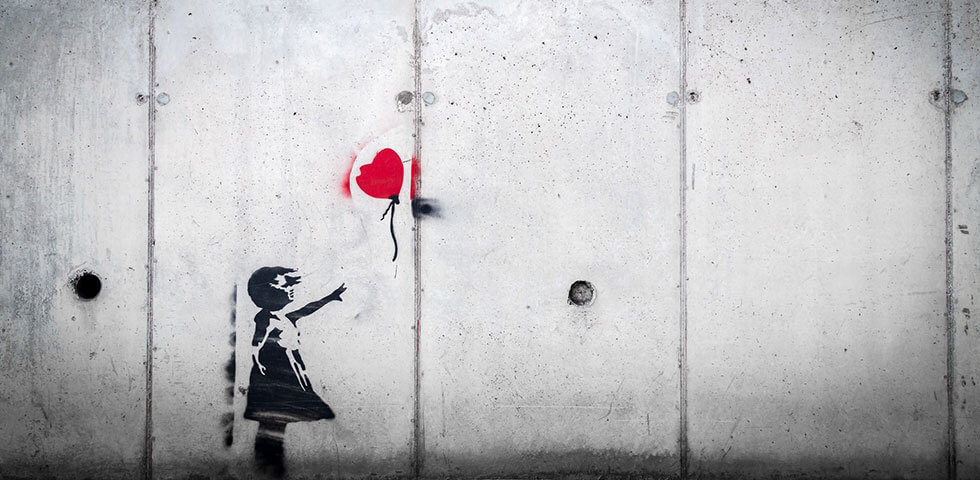Grief and loss come in many different shapes and sizes. Grief is not solely warranted by the death of a loved one. Grief symptoms will be incited after ending relationships, job loss or change, moving, the diagnosis of chronic and terminal illnesses, and all the collective losses triggered by the pandemic of normalcy, financial security, social events – the list could go on and on.
Anticipatory grief is simply defined as the lingering sense that one will experience loss in the future, through death or dreaded event. This form of grief often remains under the surface, hiding out in our subconscious leading to symptom flare ups that seemingly lack origin. Our society does not talk about the grief you feel before a loss as being normal. Instead, we have been conditioned to avoid the difficult emotions and encourage people with meaningless platitudes: “enjoy the time that’s left,” or “don’t worry about the future.”
But the reality is – the grief you feel before a loss is very real, very normal, and your feelings are valid. Symptoms are not much different from those that occur after a loss. Any of the following may be manifestations of your anticipatory grief:
- Intense worry, concern, or fear
- Depressed mood, sadness, and/or tearfulness
- Anger, irritability, and/or frustration
- Restlessness and agitation, or fatigue and lethargy
- Unintended changes to your diet and/or sleep habits
- Anxiety or emotional numbing
- Guilt
Anticipatory grief also presents in some unique ways. It is totally normal to experience:
- Increasing concern for the person who is dying, or for yourself as the person who is about to experience a dreaded event
- Imagining or visualizing what the death, loss, or dreaded event will look like
- Preparing for a life after the death or dreaded event
- Attending to “unfinished business”
- Focusing on “worst case” scenarios
There are some simple things you can do for yourself to help manage and even ease some of these symptoms and experiences. Here are a few suggestions for how to cope with your grief:
- Express yourself – journaling and art work are two great hobbies to help you express and process your feelings.
- Take care of your physical self – eat nutritious and balanced meals, develop healthy sleep hygiene to prevent sleepless nights, and keep your body moving.
- Take care of your spiritual self – go to church, attend a yoga class, meditate, or read a spiritual book.
- Go for a walk – walking, especially in nature, promotes creativity and the freedom to think clearly.
- Practice gratitude, forgiveness, and love – logging what you are grateful for in a gratitude journal, practicing a loving-kindness meditation in the morning, or even just expressing appreciation to loved ones can be a simple way to find joy in the moment, even when there are difficult circumstances surrounding that moment.
Grief can be a rollercoaster that makes us feel crazy, even though the experience is quite normal. It looks different for everyone, and there is no set timeline for when you should expect to feel better. However, there are some strong indicators that you may benefit from seeking professional help:
- Symptoms last longer than 12 months
- You have trouble completing your normal, daily routines
- You experience depression, intense sadness, or self-blame
- You have difficulty concentrating or feeling motivated
- You find yourself questioning life’s meaning, or wonder if life has any meaning
- You experience pervasive loneliness and the desire to talk about the emotional and physical turmoil
- You are considering seeking professional therapy, but you aren’t certain if you “need it.”
The Center for Grief Therapy and Education is here to help, whatever form your grief may take. Call today to make an appointment with a compassionate specialist who will validate, normalize, and empower you to cope with your experiences.

